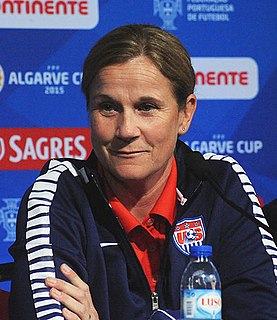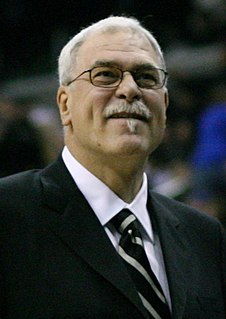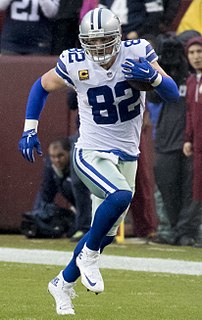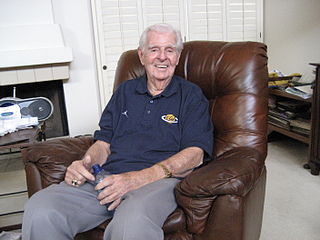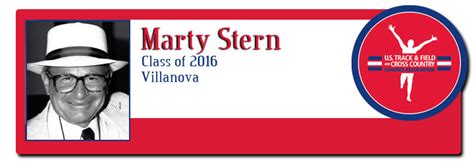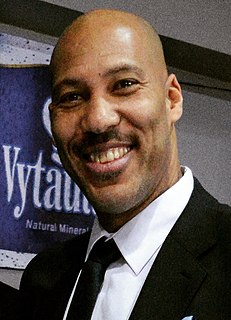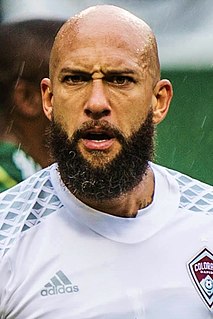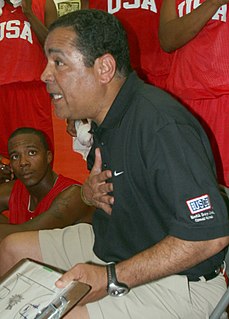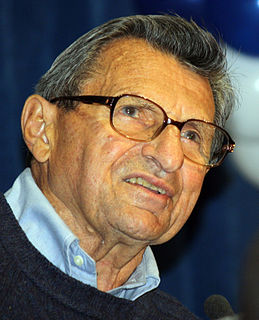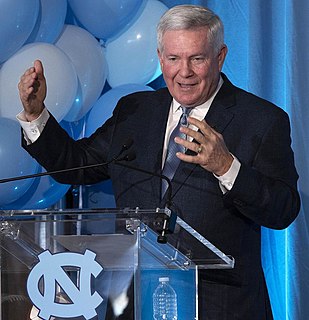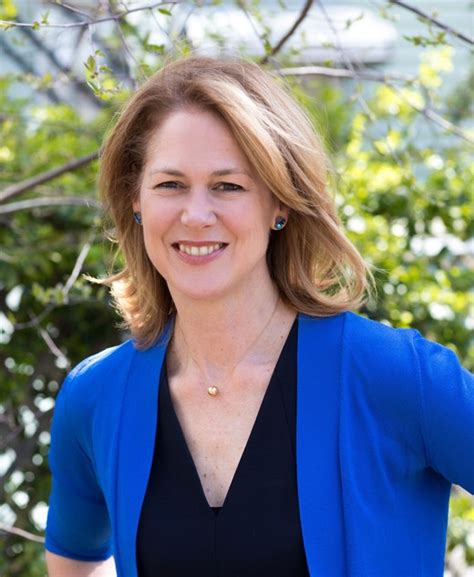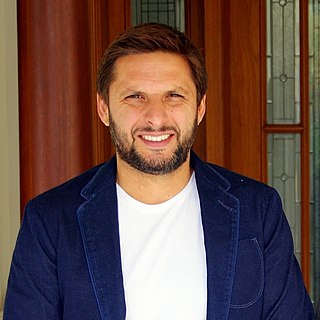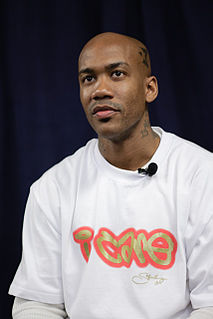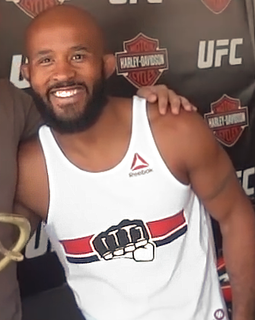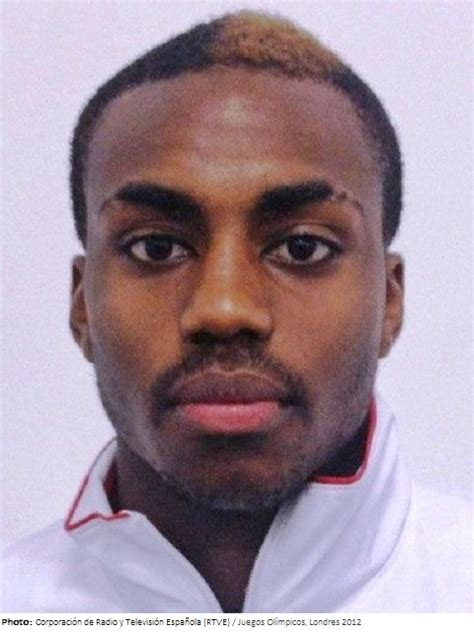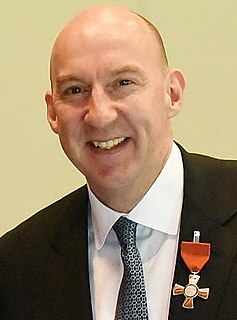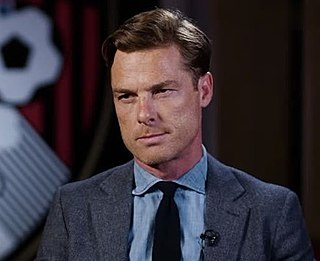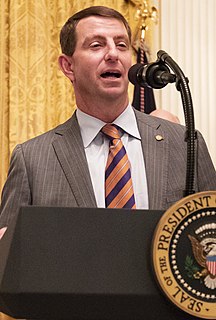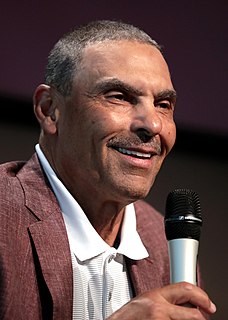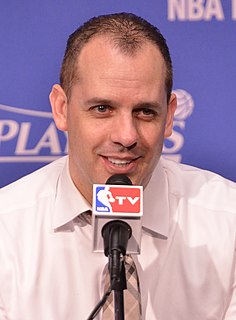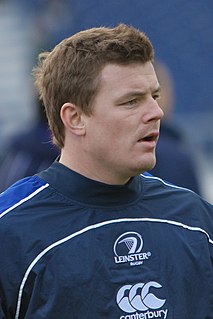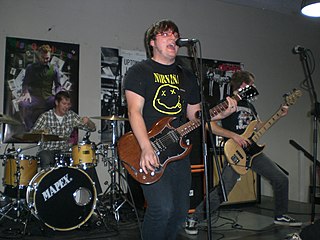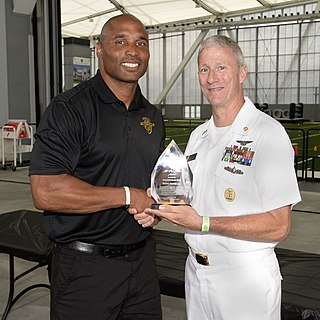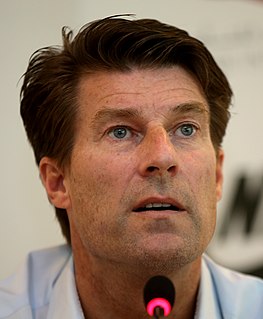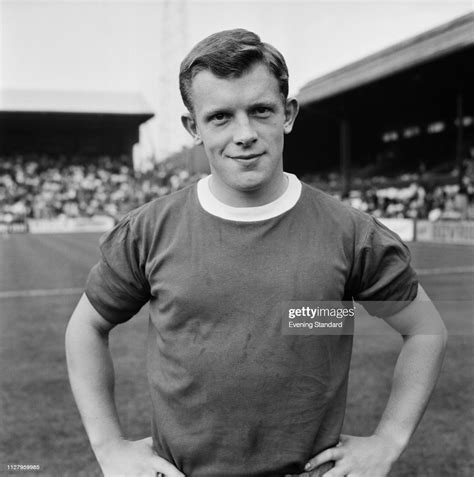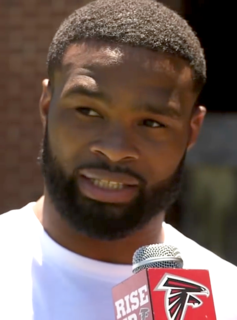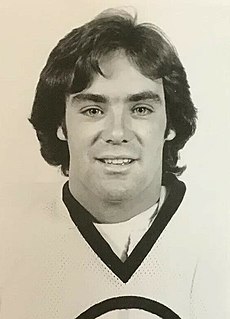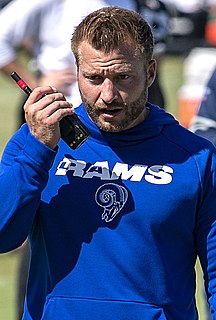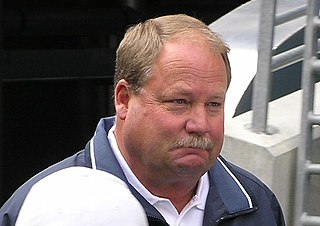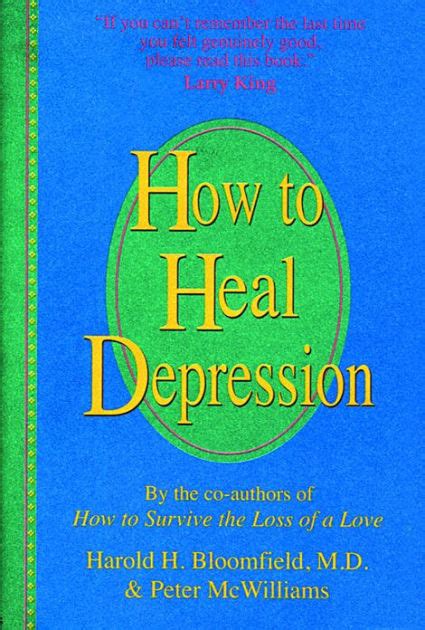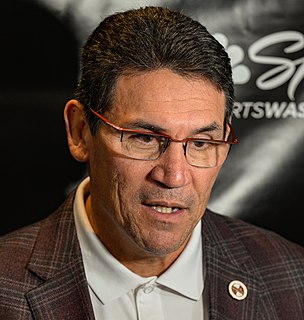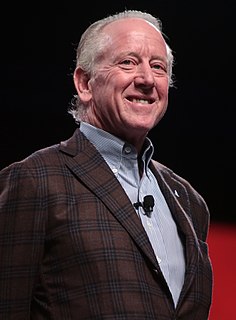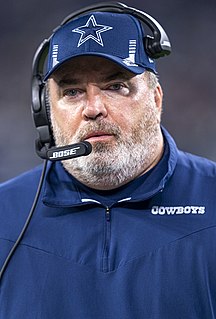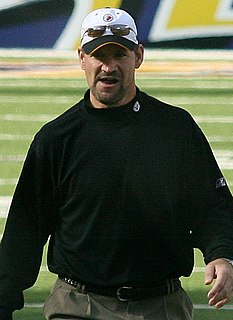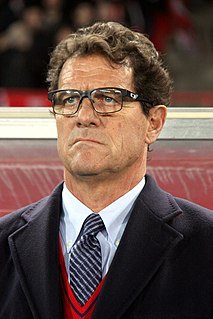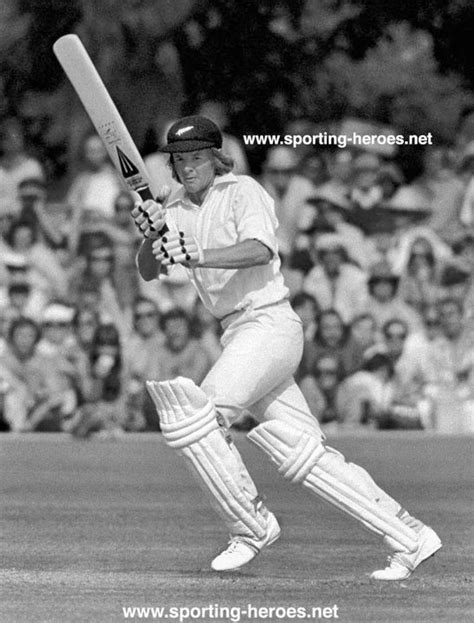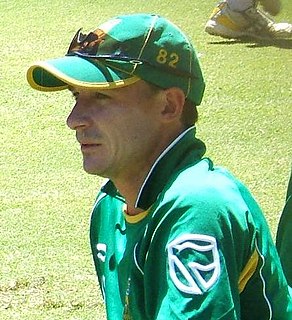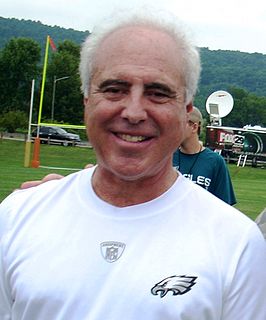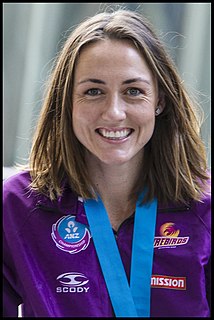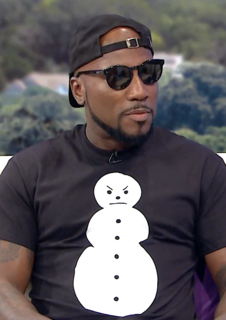Top 1129 Motivational Coaching Quotes & Sayings
Explore popular Motivational Coaching quotes.
Last updated on April 22, 2025.
I think I have some ideas on coaching, but listen, coaches work harder than players. The hours they put in, the headaches that they have. That's the one thing I've never liked about coaching. They have all the emotion, passion and preparation without actually getting to be able to dictate what happens.
Evaluation and coaching get tangled together. When this occurs, the noise of evaluation drowns out coaching efforts. Think of this like a term paper. When you get your assignment grade back (evaluation) you tend to tune out the professor notes in the margins (coaching) if the grade is higher or lower than expected.
In one of the largest studies ever done on the effects of executive coaching - over 70,000 respondents - we learned that the biggest mistake coaches make is in not following up. It didn't matter who the coach was or what method they used. Failing to follow up made any approach to coaching ineffective.
A groundbreaking, fast-paced, action-oriented new training program for dealing with mild to moderate anxiety and depression. Self-Coaching is a dramatic and fresh departure from traditional therapeutic approaches and a motivational training program for reclaiming life by breaking the habits that feed these problems.
I've had a couple of people - prominent coaches - walk into an office, shut the door and say, 'What's it like, not coaching?' They're scared. They're scared not to have that. And I'll tell them, 'You know, it's different. You're not going to replace coaching. But there's some normality that's out there, and that's also kind of refreshing.'
I keep trying to bring a more professional approach to New Zealand cricket. It's an uphill battle. I stay in the game because I find it intriguing and interesting. I'm not interested in coaching international sides. I don't mind short-term coaching. I don't want to get involved in the politics of teams.
